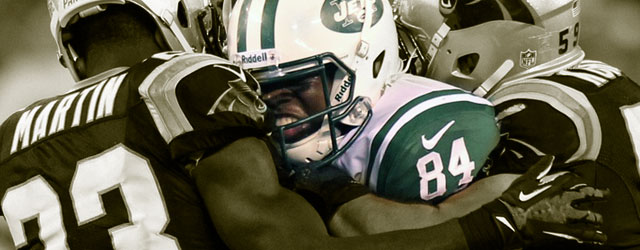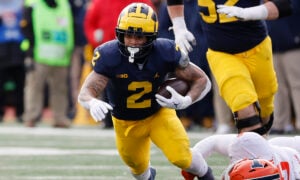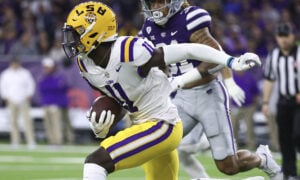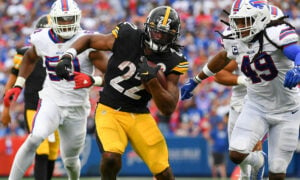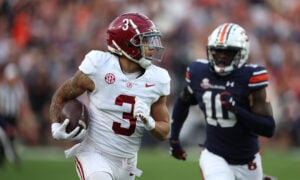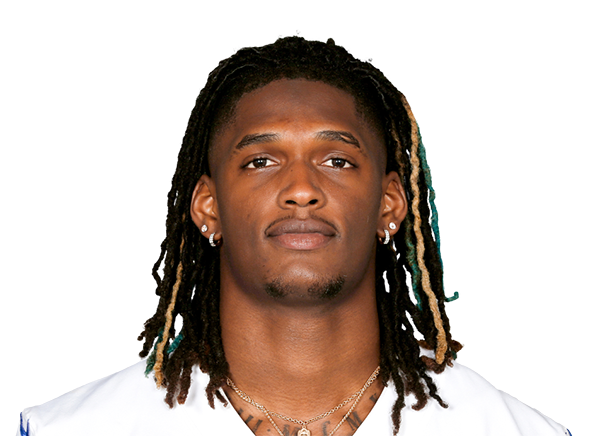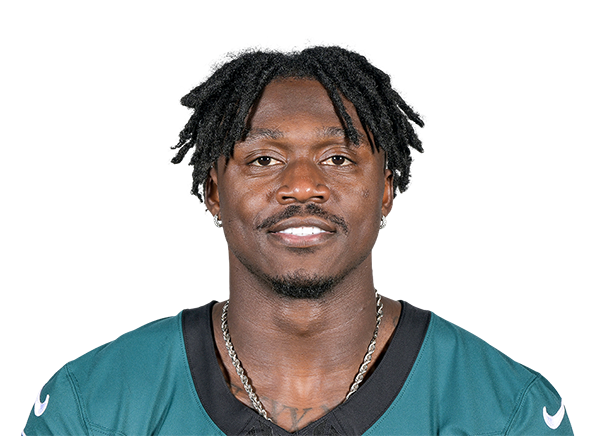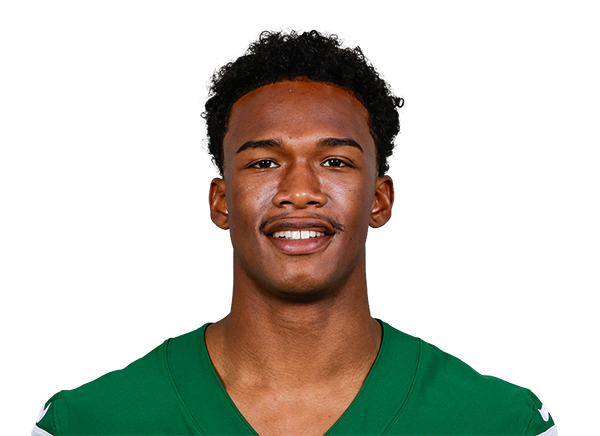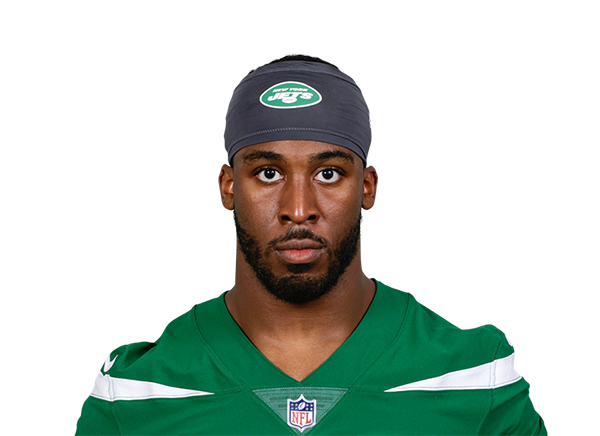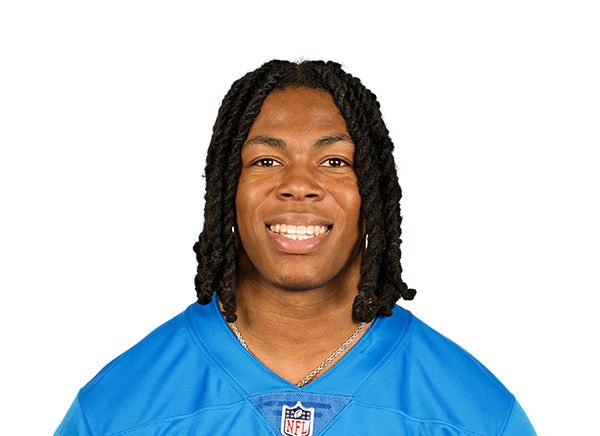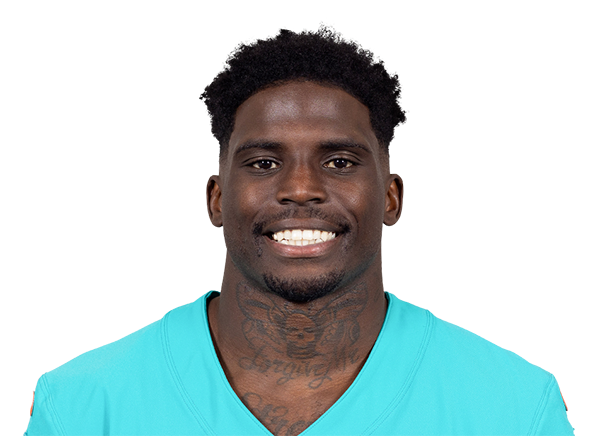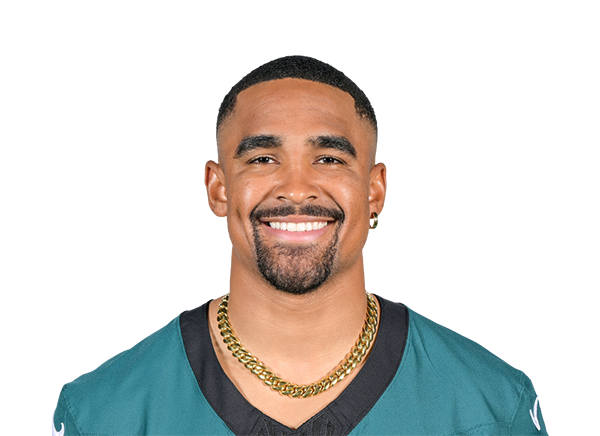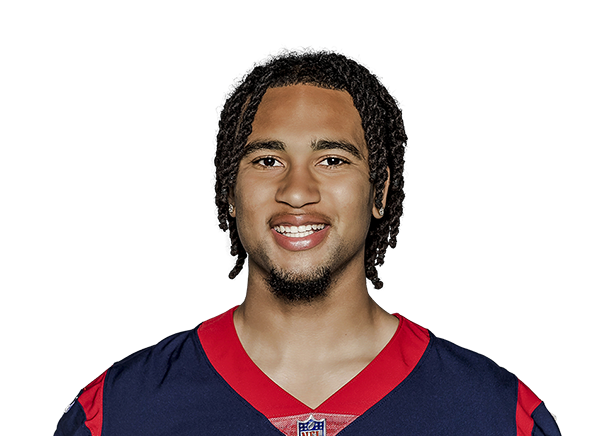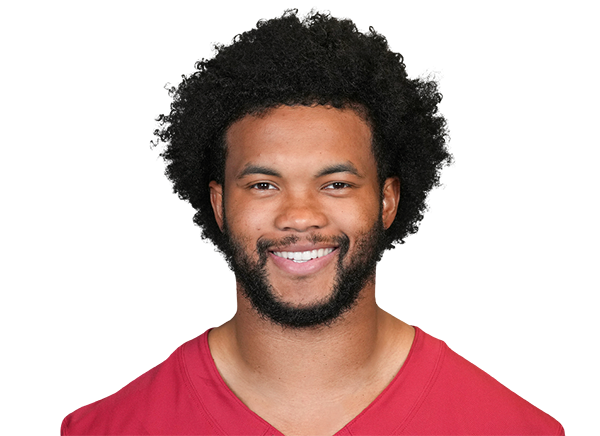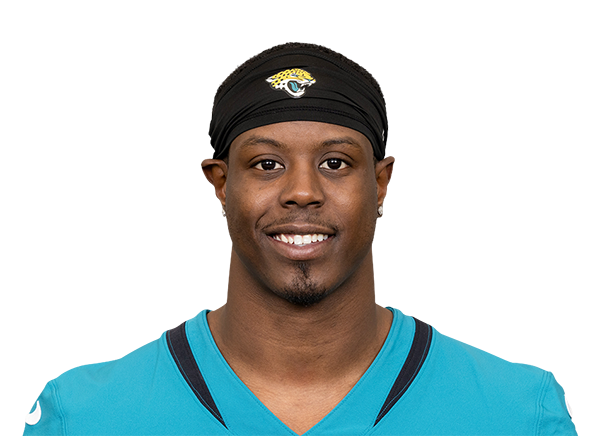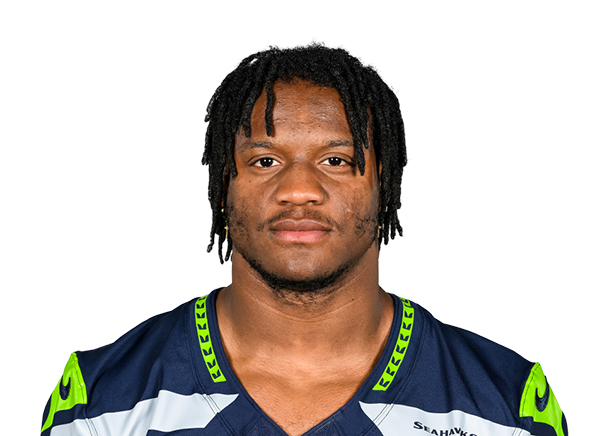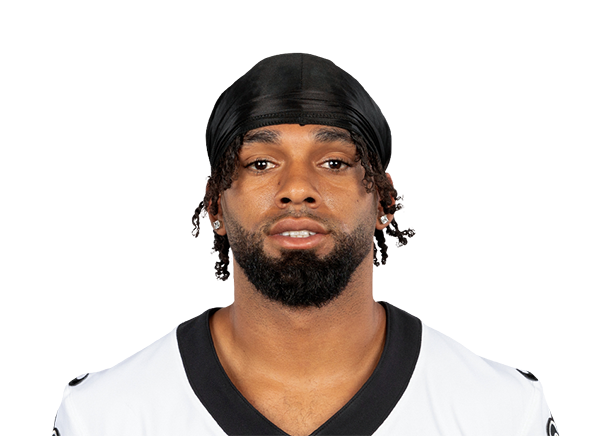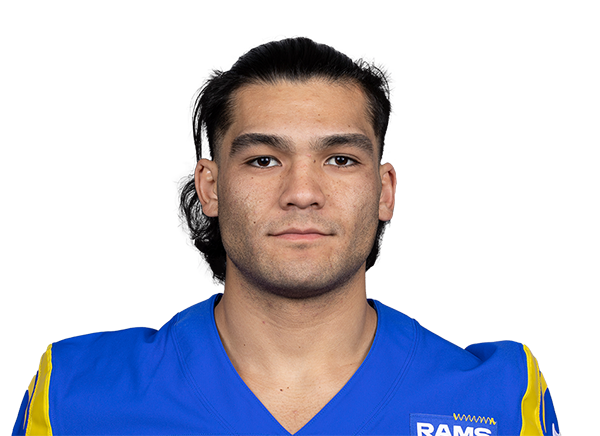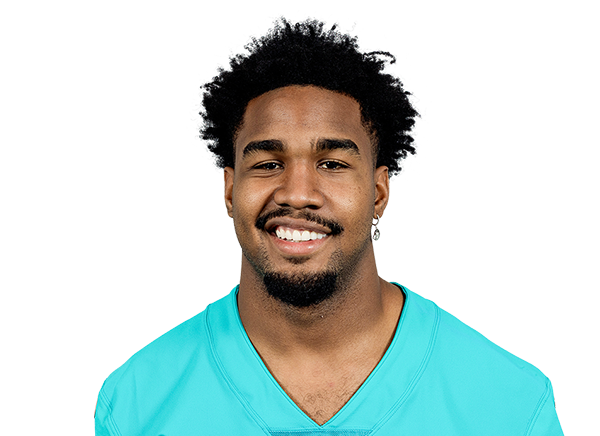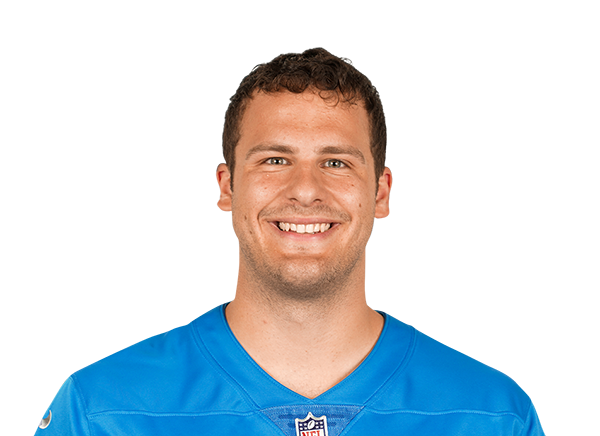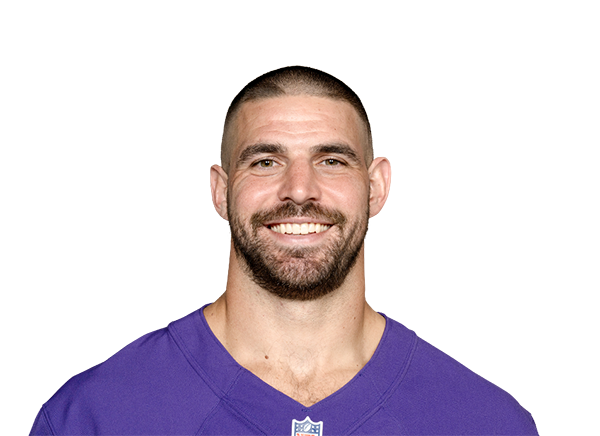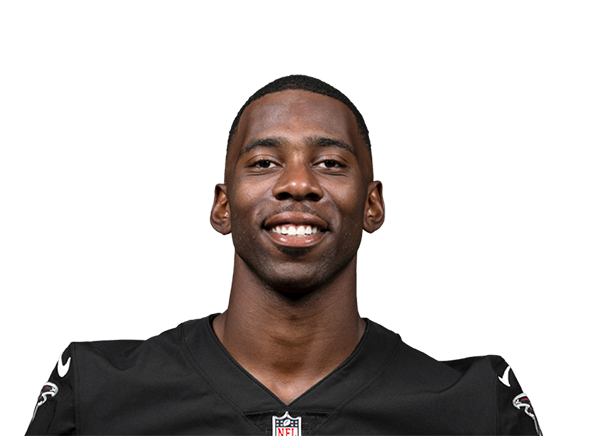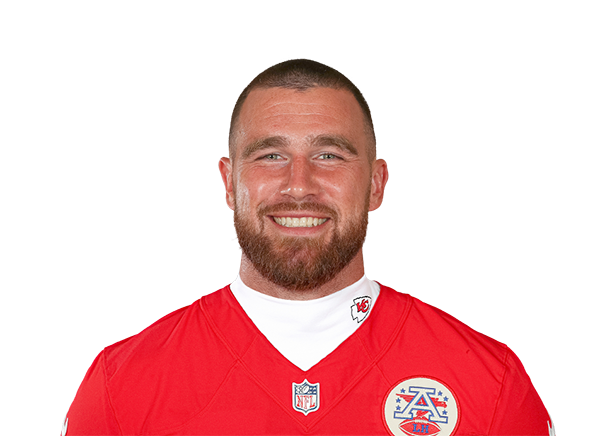Price Check: Stephen Hill
As fantasy football owners, we’re often shortsighted. It’s our nature. ‘What have you done for me lately’ is one of the most important phrases when it comes to building a team and evaluating who needs to be traded or ditched. Players like Ryan Mathews transition from a primary trade target and dynasty building block to a player who commands the equivalent of trash in trade negotiations in the matter of one season. It all comes down to not wanting to be stuck with a lemon when the music stops. No one wants a useless asset.
This can be a viable mentality, but it can also lead to premature devaluation. In particular, this appears to happen most frequently with injured players. Another group victimized is second year players who struggled as rookies. We all know rookies are premium dynasty assets. Fantasy owners stumble to the to the auction block in an effort to acquire the next big thing. In doing so, we pay a significant premium in hopes of hitting on the next stud. If that doesn’t happen and the rookie struggles in year one, owners flee – they don’t want to be stuck with little or no value.
At times, it’s justified and the player never succeeds (see Troy Williamson, Reggie Williams), but there is one receiver in particular who’s currently being traded at a discount – Stephen Hill, wide receiver of the New York Jets.
Not more than a year ago, Hill was drafted in the top eight in rookie drafts. He was viewed as a developmental player with a tremendous ceiling. That ceiling hasn’t changed a year later as he’s still a raw prospect, but given deals executed across dynasty leagues (i.e., Knowshon Moreno and the 4.6 rookie selection for Hill or a mid-second round rookie pick for Hill), it appears many owners believe he’s already failed. Some fantasy outlets still have Hill holding a receiver rank in the 50’s which is consistent with his rookie year ranking, but that doesn’t appear to apply to market value across dynasty leagues. Simply put, not many people are looking to acquire him.
Given what we knew about Hill coming into the NFL, his rookie season struggles, other comparable historical rookie season struggles, and the Jets offensive situation, we need to re-evaluate how we perceive Hill and his potential. We’re potentially knocking Hill’s value too much given the circumstances.
It’s time for a price check.
Pre-Draft Measurables
We all saw Hill’s monster performance back at the Combine in 2012 when his draft stock vaulted. As a refresher, here are his Combine measurables:
- 6’4” 215 pounds
- 4.36 40-year dash
- 6.88 3 cone
- 39.5 vertical
- 11’1” broad
- 4.48 short shuttle
These numbers left many expecting a Demaryius Thomas type of player. It doesn’t appear many have that same expectation after Hill’s struggles as a rookie. There’s no question his measurables are top notch, but the concern was and is that he’s a workout warrior and, therefore, a developmental prospect who may never pan out.
We KNEW Hill was raw
The fact that Hill was raw was not a surprise. All articles or Twitter exchanges regarding the rookie included a reference to the fact that he needed time to develop (i.e., “raw” or “developmental prospect”). After all, he was coming from Georgia Tech’s triple option offense, which is run first. In his college career, Hill only had 49 total catches – that’s 49 catches in three college seasons. In his final year as a Junior, Hill only had 28 catches for 820 yards. He was a big play specialist who fed off the triple-option running game. Coming out of an offense like that, it was known Hill needed time to develop his route tree and football IQ given the limited amount of passing game experience he possessed.
Hill isn’t the only Georgia Tech alum who struggled as a rookie. Some attribute Demaryius Thomas’ sub-par rookie season in 2010 to his college offensive scheme. Ultimately, these receivers don’t get the same preparation and aren’t able to refine their pass catching and route running skills in this type of offense which is centered around run blocking. Many receivers are limited to go routes and NFL receivers need a lot more route tree development than that.
Why then a year later are most surprised or down on Hill since he didn’t have a stellar rookie season?
Rookie Receivers have struggled before
Hill is not the first rookie receiver to need time before his career trajectory were decided. Here are some notable players who are currently viewed as studs who struggled as rookies:
|
Player |
Year |
G |
Targets |
Catches |
Catch % |
Yards |
TDs |
| Stephen Hill |
2012 |
11 |
46 |
21 |
46% |
252 |
3 |
| Demaryius Thomas |
2010 |
10 |
37 |
22 |
59% |
283 |
2 |
| Brandon Marshall |
2006 |
15 |
37 |
20 |
54% |
309 |
2 |
| Roddy White |
2005 |
16 |
67 |
29 |
43% |
446 |
3 |
As you can see, Hill’s rookie year is comparable to some pretty solid receivers. Each had a steep learning curve as NFL rookies due to their respective college programs and/or their immature football ability. They needed time to understand how to harness their ridiculous natural ability.
To be clear on the purpose of the above, it’s not meant to suggest Hill is going to pan out like these other three have, but it highlights what we need to be reminded of – Hill is not the only rookie receiver to ever struggle.
Is 2012 Hill’s fault?
Hill’s rookie season struggles weren’t entirely his fault. There were a number of hurdles he faced.
Physically, Hill’s year was peppered with nagging injuries. He missed five games over the course of the year with hamstring and knee issues. He also played several games where he missed snaps because of them – these injuries prevented Hill from seeing consistent snaps throughout the season, which may have stunted his development. However, after minor knee surgery following the 2012 season, Hill claims his knee is 100% and he’ll be ready for off-season activities.
Potentially the most important factor, the Jets 2012 quarterback play was atrocious. It’s overanalyzed at this point, but Mark Sanchez was horrible. He was inaccurate, unconfident, and sub-par. There’s not much more to say, but clearly Sanchez did him no favors in 2012 and his performance had a direct impact.
Additionally, there was a lot happening for Hill in his rookie year including the media circus. He recently confirmed that when he said he was a bit lost in his rookie year. Maybe Hill was a bit more forthright than the typical player, but you often hear second guys discuss how they need to catch up and get accustomed to the NFL speed. They don’t literally mean running or quickness speed, but the information flow and the technique required to succeed at the professional level. This is on him and his natural ability, but again stresses we need to reserve judgment on Hill at this point
Concerns
While there were many things working against Hill in 2012 and his measurables are dynamite, not all is rosy.
Most significantly, Hill struggled catching the ball, amassing six drops in roughly 420 snaps. According to ProFootballFocus.com, his drop rate of catchable balls was 22% – that ranks worst among players with more than 40 targets on the season. On a per snap basis, his drop percentage ranked fourth worst in the NFL in 2012. That number is simply unacceptable and indicative of a player who needs to spend more time working the Jugs machine. It also highlights Hill’s concentration issues. Acknowledging that the drops are a concern, what’s interesting is that Hill takes a fantasy value beating for it, but someone like TY Hilton is actually comparable in this statistic, but that’s rarely brought up.
Secondly, Hill catches the ball with his body too often. At least he did in his rookie season. He did improve that later on in the year if you take a look at his catch timeline shown below. It’s something to watch in his off-season development to see if it results in an increase in catches away from his body given that the majority of successful NFL receiver receivers catch this way.
[vsw id=”Z-deAYMziEA” source=”youtube” width=”425″ height=”344″ autoplay=”no”]
A rookie quarterback in New York isn’t necessarily going to help, either, but anything has to be better than Sanchez, right? Even if the numbers aren’t there, we should still be able to evaluate Hill for an improvement in route running and pass catching consistency.
Summary
Hill’s rookie season was disappointing, but we need to put things in perspective. He’s only 22 years old headed into 2013 – that’s younger than some incoming rookies. He also struggled like we expected him to. We knew he’d take a few years before we would be able to pass final judgment. While he was purchased and sold at a premium prior to the 2012 season, Hill is a second year player with deflated value headed into 2013. He’s a worthy target given his price and the potential he possess to be both a playmaker and a primary red zone target.






